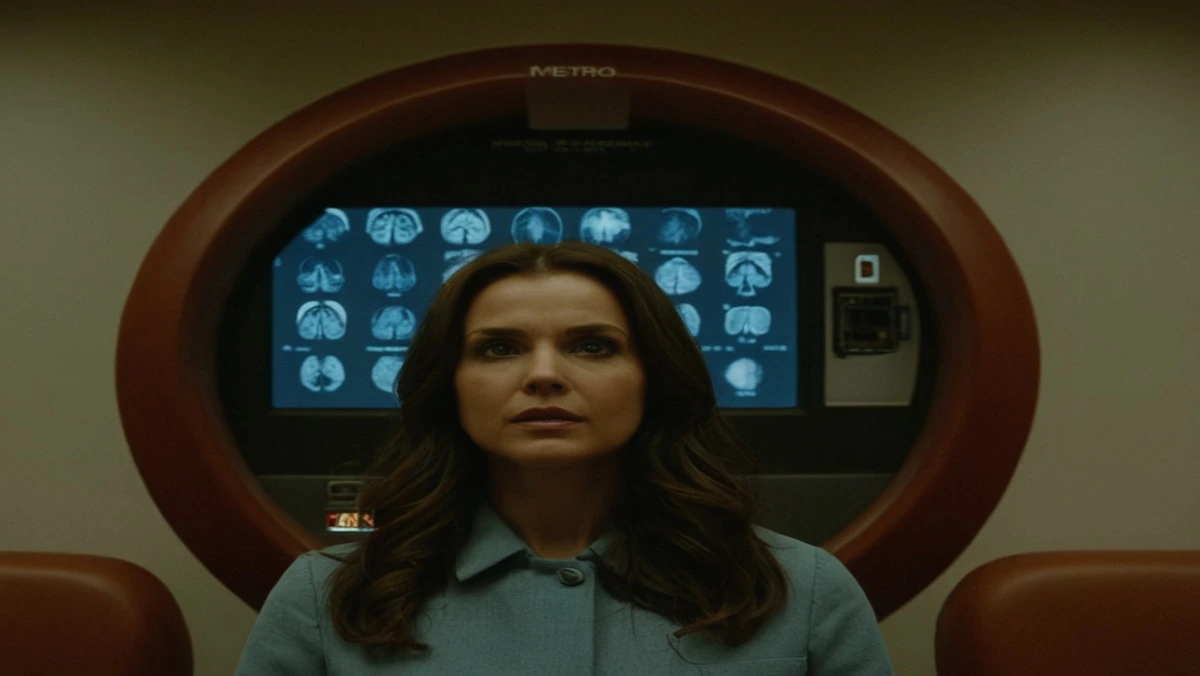From genes to brainwaves to artificial intelligence — how Metro Mind is shaping the next era of mental health care in India.
For a long time, psychiatry has relied on observation — how people behave, what they say, and how they feel. It’s an art rooted in understanding human emotions. But as science has evolved, so has our understanding of what shapes the mind. Beneath every thought or emotion lies a unique biological signature — a mix of genes, brain chemistry, and neural pathways.
That’s where precision psychiatry comes in. Instead of treating mental health conditions as one-size-fits-all, precision psychiatry aims to personalize treatment — understanding what’s happening inside your brain and body.
At Metro Mind – Centre for Advanced Psychiatry & Neurosciences, this vision is already a reality. Based in Kerala, Metro Mind is building India’s first ecosystem for precision psychiatry — combining genetics, neurotechnology, and artificial intelligence to make mental health treatment more personal and predictive.
Understanding the Individual Mind
In traditional psychiatry, two people with depression might receive the same medication or therapy. But in reality, their brains could be completely different — shaped by unique genes and neural patterns. This is why one person might respond well to a treatment while another doesn’t.
Metro Mind’s approach changes this. By combining genetic testing, qEEG brain mapping, and AI-assisted evaluations, psychiatrists can understand why certain treatments work for some people and not others. It’s about finding the right fit, not just the right diagnosis.
As Dr. Thalhath P, Consultant Psychiatrist and Managing Director of Metro Mind, puts it:
“Every person’s mental health journey can be mapped and understood — not as a disorder, but as a unique neural signature.”
Genes: The Blueprint of Mental Health
Metro Mind’s collaboration with GeneTech brings advanced genetic analysis into psychiatry for the first time in Kerala. Using Thermo Fisher’s GeneTitan MC FastScan platform, the system examines over 8,00,000 genetic markers — including more than a thousand genes that influence mood, drug metabolism, and brain chemistry.
This branch of science, known as pharmacogenomics, helps psychiatrists predict how an individual might respond to medications like antidepressants or mood stabilizers. The goal is to avoid the exhausting trial-and-error cycle and move toward treatments that are right from the start.
It’s not just “what works for depression,” but “what works for you.”
qEEG: Seeing the Brain in Action
If genetics tell us why a person may feel a certain way, quantitative EEG (qEEG) shows how their brain is functioning right now. qEEG records the brain’s electrical activity to map patterns linked with anxiety, depression, trauma, and more.
Each brain map becomes a kind of “neural fingerprint,” helping psychiatrists tailor treatment — whether that means brain stimulation therapy (like rTMS), Neurofeedback, or Cognitive Behavioural Therapy (CBT).
As Dr. Thalhath says,
“qEEG allows us to see the invisible — to visualize the mind through the brain. It turns intuition into evidence.”
When AI Learns to Listen
Perhaps the most futuristic part of Metro Mind’s work lies in its collaboration with Azure OpenAI to build an AI-assisted mental health platform. Unlike chatbots or diagnostic tools, this system doesn’t try to “replace” doctors. Instead, it listens.
The AI conducts structured mental health conversations aligned with ICD-11 standards. It recognizes emotional cues, adapts tone, and helps clinicians capture subtle patterns in speech and emotion that might otherwise go unnoticed.
Dr. Thalhath explains it best:
“AI helps us scale empathy. It listens without fatigue, so clinicians can spend more time being human.”
With strict ethical and privacy safeguards, this platform represents a new step in responsible AI use in Indian psychiatry.
The Human Side of Precision
For all its science and technology, Metro Mind never loses sight of the human connection. Every piece of data, every neural scan, and every genetic insight is used to deepen understanding — not to replace compassion.
As psychiatry evolves, it’s becoming less about treating “disorders” and more about understanding people. Metro Mind’s model reminds us that technology is a tool — empathy is still the treatment.
Looking Ahead
As Metro Mind completes seven years of innovation, it’s clear that the future of psychiatry in India will be more personal, data-driven, and collaborative. It’s an exciting time for mental health professionals and patients alike.
And to answer some common questions:
- Will psychiatrists be in demand in the future?
Absolutely. With rising mental health awareness, psychiatrists who can combine medical knowledge with technology will be more essential than ever. - What is the future of psychiatry in India?
Psychiatry is moving toward precision care — blending genetics, AI, and neuroscience for treatments that are more effective and individualized. - Will psychiatry become obsolete?
No. Technology may change how psychiatrists work, but human empathy and clinical judgment will always be irreplaceable.
Because the future of psychiatry isn’t about machines or molecules alone — it’s about understanding every person, through every level of their being.
Read more:









